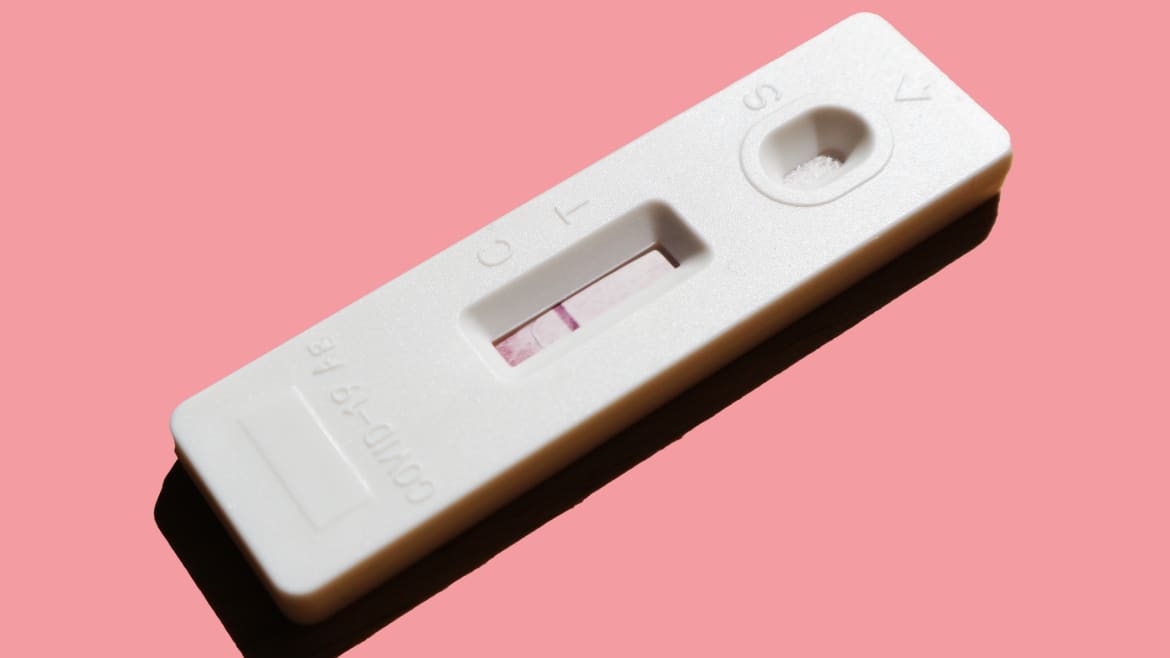Unsplash
For the vast majority of people, contracting COVID-19 means a whirlwind of symptoms ranging from the relatively mild to the deadly serious. However, there’s also a portion of the population who have contracted the illness but never develop symptoms. While the reason why has eluded scientists and doctors since the start of the pandemic, new research might point to a genetic reason.
A study published Wednesday in the journal Nature suggests a mutation in a specific gene might prevent people from developing COVID symptoms. The findings could eventually lead to the development of new therapies and vaccines to treat the disease.
The gene is a protein marker called the human leukocyte antigen (HLA). The mutation involved—called HLA-B*15:01—helps T cells, which are used by the immune system to get rid of viruses, better identify coronavirus even if it’s never encountered it via a vaccine or previous infection before.

